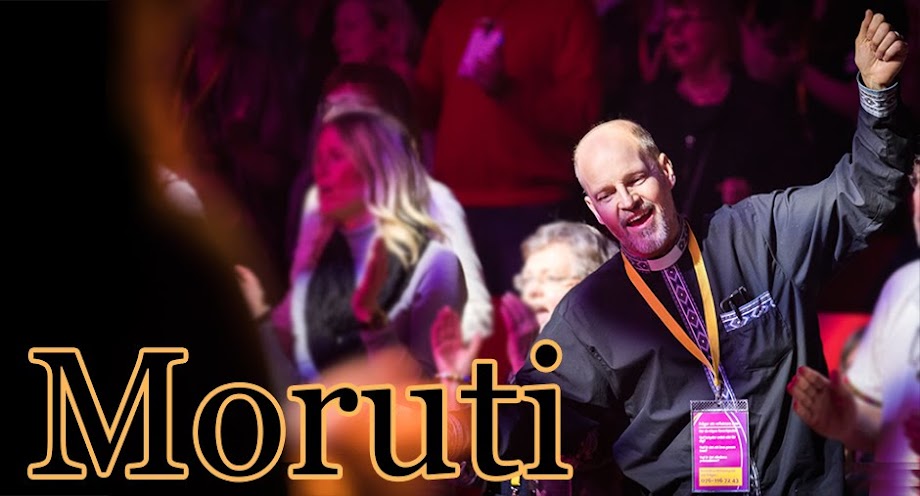This week’s issue of Mail & Guardian has
got three articles about this much debated issue in South Africa. There are
reasons for this debate. The Minister of Basic Education, Angie Motshekga, said
in her Basic Education Budget Vote Speech on 7 May to the National Assembly in
Cape Town:
In 2014, a new policy will come into effect mandating the learning of an African language in all schools.
On top of that the Deputy Vice-Chancellor for
Teaching and Learning, Renuka Vithal, at
the University of KwaZulu-Natal (UKZN) issued this communique on 15 May this
year, as I have already reported in an earlier blogpost:
I am pleased to advise that the University of KwaZulu-Natal (UKZN) is pioneering the introduction of isiZulu proficiency as a module in all undergraduate degree programmes.
Accordning to the Deputy Vice-Changellor
this is
… in line with the University Language Policy and Plan and our Transformation Charter which seeks to develop African languages as academic languages.
There are obviously two parts of this
discussion. One is about whether or not mother-tongue education is to prefer on
every level. For mere educational reasons. The other one is about
transformation and reconciliation. One can of course understand that those who
have English or Afrikaans as their mother-tongue get upset to hear that they or
their children have to learn one of the African languages. According to M&G
somebody in radio had described it as
… dragging us back to the days of apartheid.
But that person was said to be “ … a
mother-tongue speaker of an African language”. South Africans know that the
riots in Soweto 1976 had to do with this. A new policy said that Black learners
were going to be taught in Afrikaans. They took to the streets and police
started to shoot children. Some citizens fear that the decision is reversed
apartheid. I am not of that opinion.
But allow me to deal with one article at
the time.
Russel H Kaschula is professor of African
languages at Rhodes University and the author of one of the three articles in
M&G. He is in favour of teaching in local languages. He admits that there
are problems but argues that these are solvable. His argument is simple:
[W]e must teach our children in a language that they understand best, thereby creating better conceptual understanding ….
I totally agree. In my own teaching I
already realize how those who have another mother-tongue than English struggle.
(I do it myself!) Especially to conceptualize. I believe that it would make a
difference if they were able to express themesleves in their mother-tongue.
Even for the ability of conceptualizing in English. Kaschula continues by also admitting that
there is a huge need for good language teachers and that concepts need to be
developed. According to Kaschula language is the reason why only one in three
learners reach matric. I like one of his last punch lines:
What makes us racist or “tribalist” is not the language that we speak but the attitude we hold.
Professor Robert Balfour, Dean of the Faculty
of Education at the North-West University, speaks more about the transformation
side of the debate. The article that contains the interview with him has the heading
One language is not enough
He speaks about “subtractive bilingualism”
which means that one language overshadows another. This is of course what
happens in many middleclass schools in South Africa today. Children, who possess
more than two or three languages, are being taught in English or Afrikaans,
which are the only languages the teacher knows. His argument is summarised like
this:
The consequence is that educators do not take advantage of the opportunities for mental development that are available to bilingual children, and thus the asset of bilingualism becomes a loss.
But there is also a critical voice. Dr
Anthony Essien is a lecturer in mathematics education in the school of
education at the University of Witwatersrand. He believes that at least maths
is still best taught in English. His arguments are:
1. Most teachers are trained in English.
2. There has been no real effort to co-ordinate
the development of the indigenous languages to become languages of scholarship.
Lexicons are needed and a body needs to oversee the standardisation of a
developed terminology.
3. There are too many negative attitudes to
combat.
Well, his arguments are of course valid but
I think he himself understands that they are just the kind of problems Russel H
Kaschula says are solvable. And Essien also concludes by saying that
… the use of an indigenous language as a medium of instruction comes at a price …
Of course. Transformation has a price. Many
South Africans in the past have been ready to pay that price. The question is
whether or not the leaders of today’s South Africa are.

.jpg)
No comments:
Post a Comment